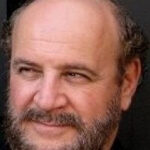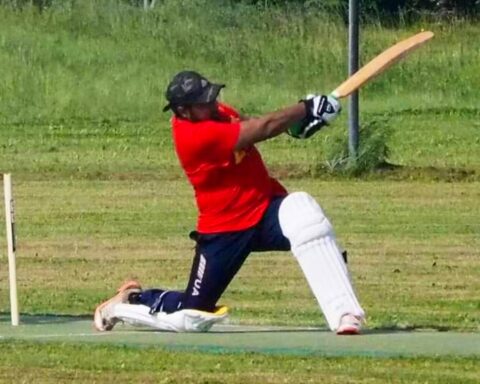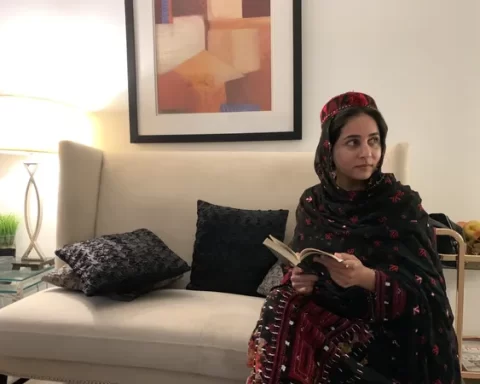David Carment (Religious Freedom? This office is about ethnic votes, Feb. 21) has theorized in the Globe and Mail that the federal government’s interest in the establishment of the Office of Religious Freedom is being driven by an agenda of political gain here at home.I’m not so sure.
It seems many in the short-memory media have forgotten Canada’s important contributions to freedom.Perhaps no contribution is more significant than the Universal Declaration of Human Rights (UDHR).It was ratified by a 48-0 vote at the UN General Assembly in 1948.That document, which very clearly identifies the bases of religious freedom, was drafted by Canadian John Peters Humphrey, a McGill University Law Professor and mentor of Pierre Elliot Trudeau. The accomplishment is captured in By His Hand, thedocumentary of Canadian producer Keith Dunnet.
Though no one has made the point during the publicity around the recent establishment of the Office of Religious Freedom, the UDHR contains the very basis and charter for the work of religious freedom.
Article 18.
Everyone has the right to freedom of thought, conscience and religion; this right includes freedom to change his religion or belief, and freedom, either alone or in community with others and in public or private, to manifest his religion or belief in teaching, practice, worship and observance.
Clearly, the UDHR puts human rights and freedoms ahead of the powers of the state.It recognizes that states have the authority to pass laws and regulate rights, but they cannot contravene the inalienable human rights each of us possesses from birth.In articles 2 and 18, it guarantees freedom of religion and the freedom to change one’s religion without fear of persecution or attack.
There is nothing suspect or overtly political about a federal government that chooses to remind all world citizens of these values which we Canadians hold dear and have enshrined in the second article of our own Charter of Rights and Freedoms.Canadians have a rightful heritage of leadership in these areas.One hopes the new Office will assume and advance that pedigree and will use the principles of the UDHR as a basis.
While some may see an Office of Religious Freedom as something of a kowtow to minorities here in Canada, it should be pointed out that the protection and maintenance of minorities is the very cornerstone of our identity. Here is what our Charter says:
27. This Charter shall be interpreted in a manner consistent with the preservation and enhancement of the multicultural heritage of Canadians.
Thus, it is cynical in the extreme to say that this Office was established primarily to harvest votes for the government.No, it’s not simply an astute policy, the protection of religious freedoms is as Canadian as peacekeepers in Cyprus. To place human freedoms on the same level or above issues of trade and commerce is wise and appropriate.One hopes it is an indicator that Canada will use its growing relative economic strength to leverage a human agenda.
Yes it is true that many new Canadians have come here to flee religious persecution abroad.But how is recognizing that fact a nefarious thing?After all, most of this continent was settled by Europeans with the same issues. Many new Canadians come from places where religious minorities are at risk. Advancing their interests – even indirectly, by championing the rights of their brethren back home – is simply good policy.
Unfortunately, far too many nations do not uphold the important values enunciated in the UDHR or our Charter.And so, India’s Dalits get persecuted (and prevented) from joining Christianity or Buddhism; Pakistani Christians get regularly charged under so-called ‘blasphemy laws’ and people who want to leave Islam are jailed, tortured and killed.Baha’is are denied basic human rights in Iran and elsewhere.No Christian can build a church in Saudi Arabia.Shia Muslims live under fear of death and having their masjids blown up or burned.It goes on and on.In fact, of the 30 or so major conflicts on earth at the moment, over 80 percent of them are fueled by religious differences.An Office of Religious Freedom, thankfully, means our foreign policy can encompass these issues and move beyond mere trade and economics.
So, Carment and others wonder what can Canada do in this field? Therein lies the work of the new Office.As someone who has worked in religious diversity and dialogue, I know that, for example, Sunni and Shia Pakistani-origin Canadians often enough cooperate here.You can find Muslims and Christians of Nigerian origin living here and getting along.
Why can’t we ask these communities in our midst to act as brokers of goodwill?We can ask them to speak to their co-religionists in their nations of origin and prevail upon them to put down their prejudices and work together – as many do in Canada. I can see how the Office might delegate a mission to speak with leaders and co-religionists abroad to let them understand that cooperation is possible and that persecution of others in the name of religion makes the entire faith look bad.
Canadians, by virtue of the society we are building, are in a position to provide quiet, strong leadership in the realm of inter-religious understanding and harmony. This new Office has a genuine opportunity to champion religious freedom as defined in the UDHR. – New Canadian Media
Richard M. Landau has been responsible for adjudicating disputes and enforcing a television network code of ethics in a religious broadcasting setting since 1992. He is a graduate of Carleton University and the University of Ottawa. A leader in interfaith dialogue, Mr. Landau has consulted with the UK Home Office, and the White House Office of Community- and Faith-Based Initiatives. He works closely with leadership in all of the major world religions. He is author of “What the World Needs to Know about Interfaith Dialogue”.





